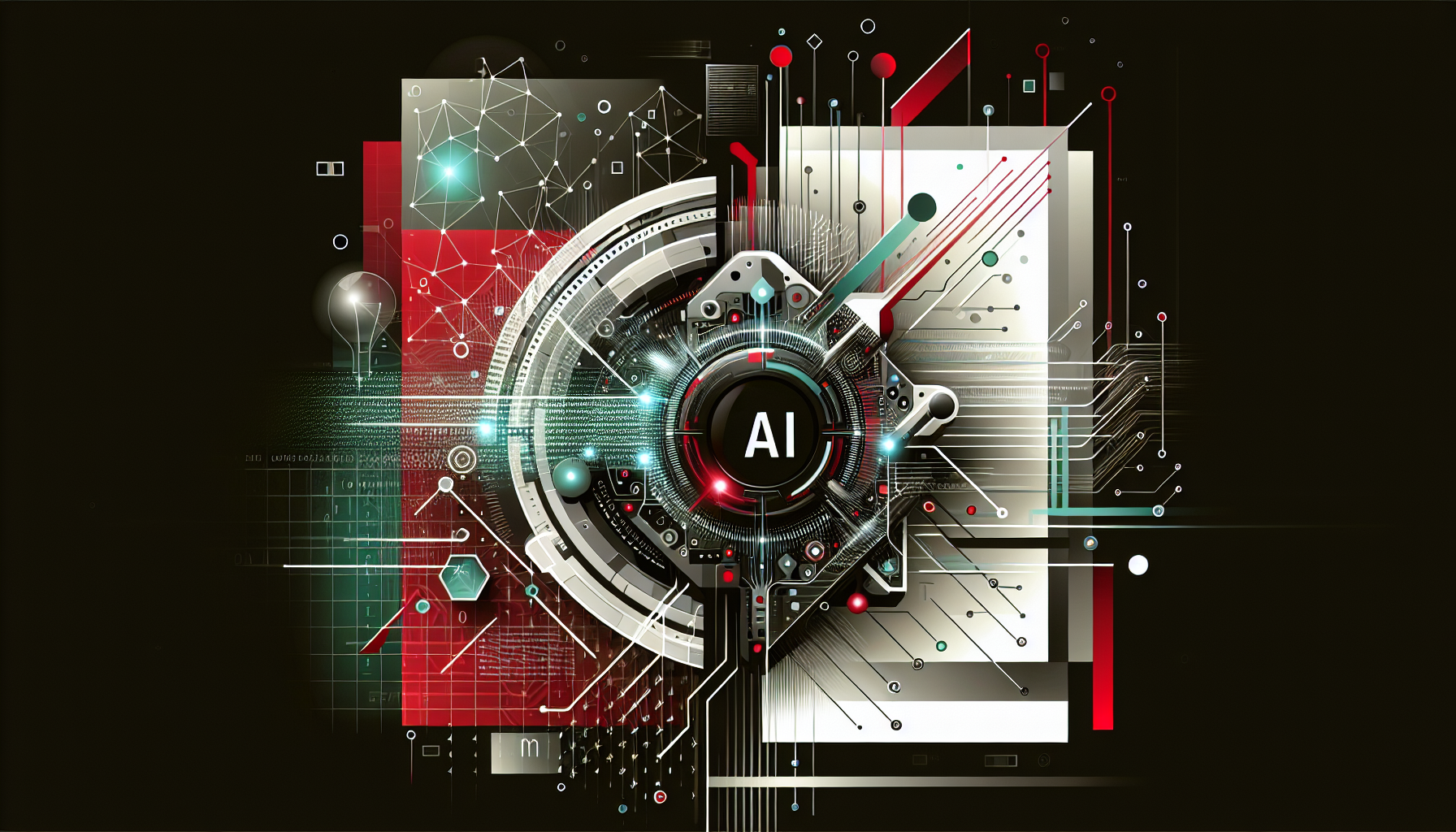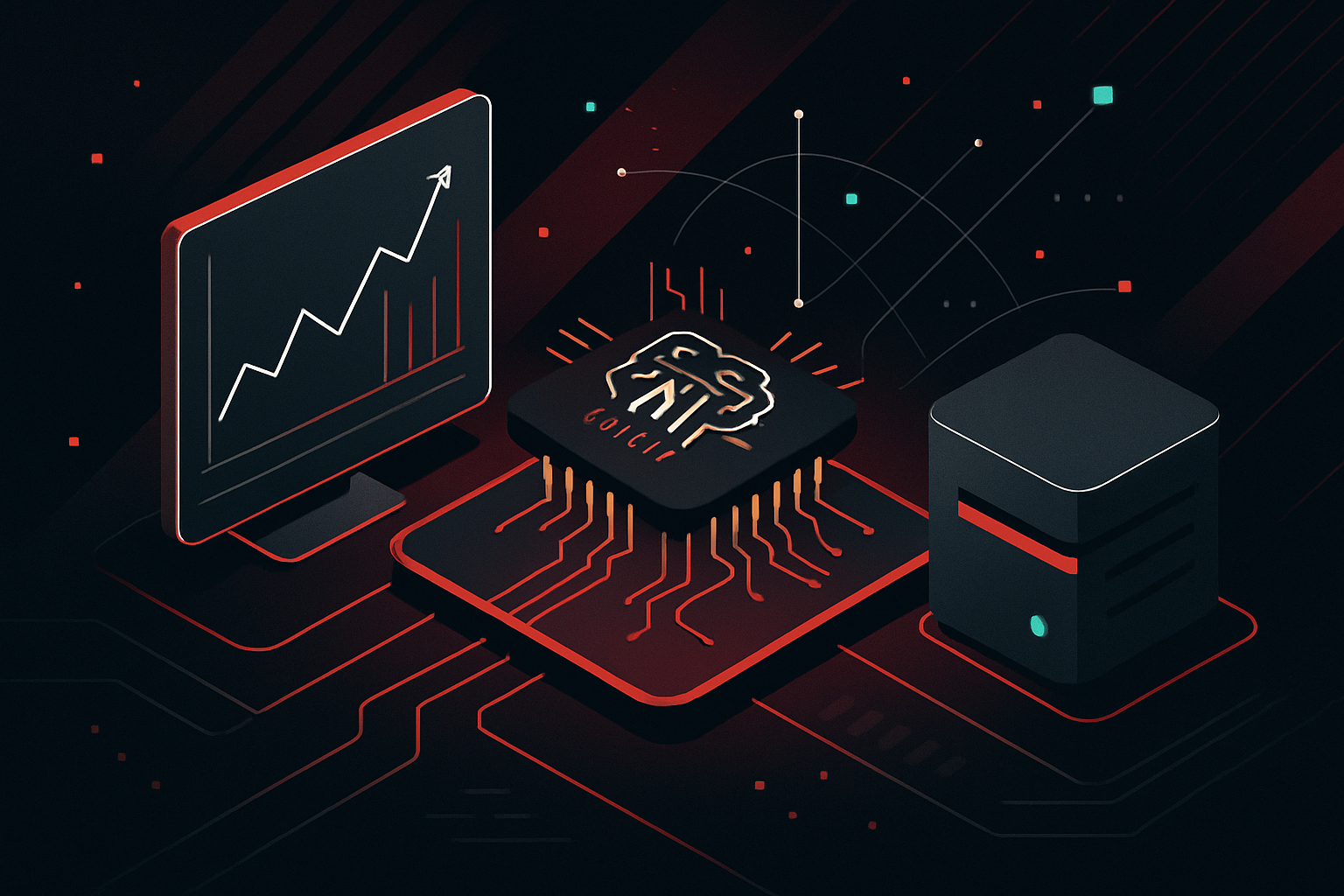AI-Powered Code Generators for Developers

Understanding AI-Powered Code Generators
AI-powered code generators are tools that utilize artificial intelligence to assist developers in writing, optimizing, and understanding code. These tools leverage machine learning models, primarily large language models (LLMs), to predict and generate code snippets based on a given input or context. They can significantly enhance productivity by automating repetitive tasks, suggesting improvements, and providing real-time code completion.
Key Features of AI-Powered Code Generators
-
Autocomplete and Code Suggestions: AI tools like GitHub Copilot and Tabnine offer intelligent code completion by predicting the next lines of code based on the context. They help in reducing syntax errors and speeding up the coding process.
-
Code Optimization: AI can analyze existing code to suggest performance improvements, identify redundant code, and propose more efficient algorithms.
-
Bug Detection and Fixing: Tools such as DeepCode and Sourcery can automatically detect potential bugs and offer suggestions to fix them, improving code reliability.
-
Documentation Assistance: AI can generate documentation based on code to ensure that developers have clear and concise explanations of their functions and classes.
Popular AI-Powered Code Generators
| Tool | Key Features | Supported Languages | Pricing Model |
|---|---|---|---|
| GitHub Copilot | Autocomplete, code suggestions, bug fixes | Python, JavaScript, Go, and more | Subscription-based |
| Tabnine | Autocomplete, multi-language support | Over 20 languages | Freemium |
| DeepCode | Bug detection, code quality improvement | Java, JavaScript, Python, C# | Free for Open Source |
| Kite | Autocomplete, code navigation, documentation | Python, JavaScript | Freemium |
Technical Explanation: How AI-Powered Code Generators Work
AI-powered code generators primarily rely on neural networks trained on large datasets of code. The most common architectures used are transformers, which are particularly effective for understanding context and generating text.
-
Training Phase: Models are trained using vast repositories of publicly available code from platforms like GitHub. They learn to recognize patterns and understand the structure of code.
-
Inference Phase: When a developer inputs a few lines of code, the AI model predicts what should come next or suggests improvements based on its training.
Example Code Snippet: Using GitHub Copilot
Let’s consider a Python function where GitHub Copilot can assist:
def calculate_area(radius):
# AI can suggest using the math library for pi
import math
# Suggest the formula for area of a circle
area = math.pi * (radius ** 2)
return area
In this example, GitHub Copilot might suggest importing the math library and using math.pi to calculate the area of a circle accurately.
Practical Steps to Integrate AI Code Generators
-
Choose the Right Tool: Evaluate your project’s needs and select a tool that supports the relevant programming languages and offers features that align with your workflow.
-
Setup and Configuration: Install the necessary plugins or extensions for your IDE. For example, GitHub Copilot provides extensions for Visual Studio Code and JetBrains IDEs.
-
Leverage Autocomplete: Start typing your code, and let the AI suggest completions. Review and accept suggestions that fit your required functionality.
-
Review and Iterate: Always review AI-generated code. While AI can provide accurate results, it’s essential to ensure the logic aligns with your application’s requirements.
-
Feedback and Learning: Provide feedback on suggestions if the tool supports learning from user interactions. This can help improve the accuracy of future predictions.
Benefits and Limitations
Benefits
- Increased Productivity: By automating routine tasks, developers can focus on more complex problems.
- Error Reduction: AI can help in minimizing syntax errors and logical bugs.
- Learning and Development: Developers can learn from AI suggestions and improve their coding skills.
Limitations
- Context Understanding: AI might not fully comprehend the broader application context, leading to irrelevant suggestions.
- Dependency Risk: Over-reliance on AI tools might hinder a developer’s problem-solving skills.
- Privacy Concerns: Using proprietary code with AI tools can raise security and privacy issues, especially when dealing with sensitive data.
Conclusion
AI-powered code generators represent a significant advancement in software development, offering tools that can automate and enhance the coding process. By understanding their features and limitations, developers can effectively integrate these tools into their workflow, maximizing productivity and code quality.





0 thoughts on “AI-Powered Code Generators for Developers”